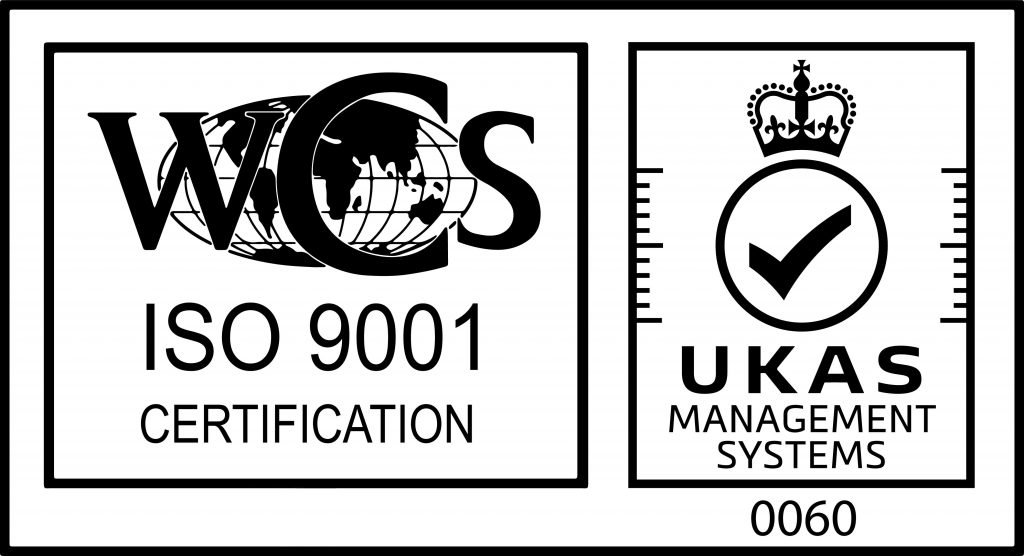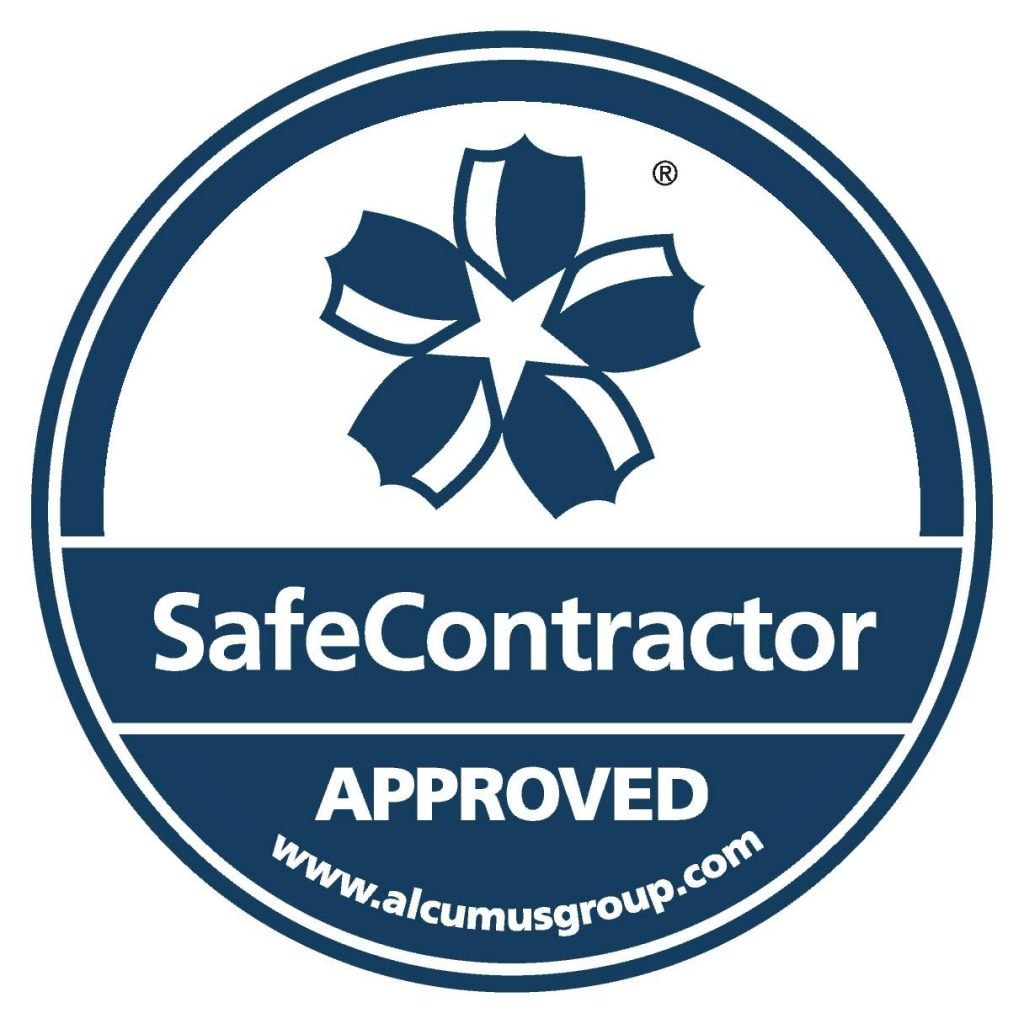How to Recycle Your Retail Business Waste
If you own a retail business, regardless of what you sell, there tends to be a significant amount of leftover waste. Whether you dispose of excess stock, spoiled food, damaged goods or packaging, much of these items are likely to end up in the waste bin, only adding to the environmental issues that surround disposal of waste, especially packaging.
Implementing an effective waste management system as part of your businesses ethos is not only beneficial for the environment but it can also help you foster goodwill with customers. Follow these steps on how to recycle your retail business waste and become a more eco-friendly store.
Conduct a waste audit
While packaging waste is an issue for nearly every retailer, other areas of concern will be specific to your store and the particular products that you sell. A retail waste audit will reveal your most significant sources of waste so that you can better prioritise your reduction plans.
For big retailers, it’s more beneficial to hire a consulting service to determine the most prominent areas of waste and improvement. There are many services available that can quickly have a profound impact on your business. For smaller companies, the below steps are a good starting point:
- Create a list of waste categories. Include common types such as paper, cardboard, plastics and food waste, as well as categories specific to your business such as display materials or banners.
- Categorise rubbish bags or boxes.
- Sort through and separate your rubbish into the assigned categories.
- Weigh each container.
- Use those numbers to identify your most substantial sources of waste.
Keep waste to a minimum
Part of the problem with waste, aside from the negative impact that it has on the environment, is that it takes up a lot of space on site. Less space means that your store can look cluttered, and you have fewer opportunities to display and market your goods. Additionally, the more clutter you have, the more chance there is of a tripping hazard.
To implement a more effective waste reduction, consider purchasing items with minimal or recyclable packaging. Not only does this minimise waste, but it also allows customers to view products on display with ease, and be assured that it is environmentally friendly.
Reduce, Reuse and Recycle
Educate your staff on what they can do to reduce, reuse, and recycle, not only while they are at work, but also from home and on-the-go. An excellent way to encourage recycling is to place recycling bins in the break area or outside near the entrance; that way your customers and employees have the opportunity to throw their waste into a recycling bin, instead of the general waste bin.
Consider using, purchasing and promoting products that are made with recyclable and eco-friendly materials as your environmentally-conscious customers will appreciate having a green alternative to buy from you.
If you deal with a lot of cardboard then you should invest in a baler that will save you time and space. Even in a smaller stock room, space-saving vertical balers can help to reduce the size of recyclables so it can be efficiently stored until it’s ready to be collected or taken to a local recycler.
Another big problem in retail is the use of plastic bags which have a hugely damaging effect on the environment. Encourage customers to reuse their shopping bags or sell reusable bags instead. By recycling and becoming eco-friendly, you can boost your business’s image and potentially sales, too.
Donate or discount damaged goods
A significant amount of food goes to waste every year, but the same goes for damaged and tampered goods, too which account for a huge amount of waste. To reduce waste in these areas, food retailers can donate food to food banks or homeless shelters. And instead of throwing out tampered retail products, sell them at a discounted price or donate them to charity.
Offer recycling incentives to customers
You can prominently display that you have a large percentage of recycled materials, and enhance displays with information about how your products are more environmentally-friendly than previous versions or competitors’.
You could even offer customers incentives to recycle, making it easier for them. For example, they can exchange their recyclable goods for a discount or an in-store promotion.
Go digital
Other ways that you can reduce waste, particularly paper waste, is by switching your company’s marketing to digital. For example, instead of printing wasteful brochures and leaflets, opt for email marketing to advertise offers and promotions, and use online catalogues for advertising new products instead.
Check out our website for more information on waste management solutions and tips on how Fresco Environmental can help you recycle your retail business waste and be part of a greener future.


